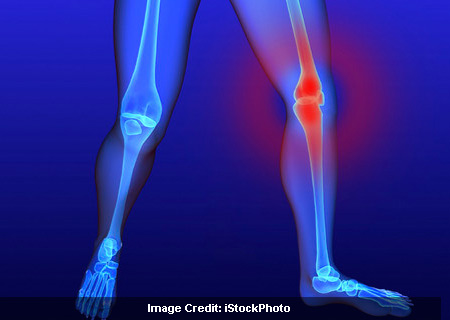Osteoarthritis (OA), also known as osteoarthroses or degenerative joint disease, is claimed to be the most common kind of arthritis as per the Arthritis foundation. Problems concerning knee pain may be all too recognizable when one is with osteoarthritis of the knee. The state may frequently keep patients from taking part in several activities, occasionally even simply standing. But a research claims that novel and new treatments may show some potential in treating incapacitating knee pain.
OA is believed to be a persistent state, which seems to be characterized by the collapse of the joint’s cartilage. The breakdown of cartilage may be the reason for the bones to stroke against each other, thereby resulting in stiffness, pain and loss of movement in the joint.
Researcher Lesley Arnold, MD, a professor of psychiatry and director of the University of Cincinnati (UC) Women’s Health Research Center commented, “In clinical trials, new treatments do look very promising.”
While most of Arnold’s research apparently concentrates on pain management for problems like fibromyalgia and chronic fatigue syndrome, the pain symptoms of OA may also have several resemblances. Normally, the pain linked to osteoarthritis of the knee may be controlled by the administration of non-steroidal anti-inflammatory medications having brand names like Motrin, Advil or Aleve. These medications are said to aim inflammation around the place. Novel treatment methods seem to powerfully propose that the pain may be medicinally controlled from the central nervous system, like with fibromyalgia.
This broad-based approach may offer respite, devoid of the side effects linked to non-steroidal anti-inflammatory medications or blood thinning. Apparently, osteoarthritis is non-curable. But the Arthritis Foundation advocates numerous plans for OA self-management, counting exercise, weight control, practical goal-setting and self-awareness of own physical inadequacies.
Even though a fit lifestyle is quite vital, Arnold and Arthritis Foundation experts have the same opinion that supposedly a few people may need pain medication to remain active and manage the pain.

